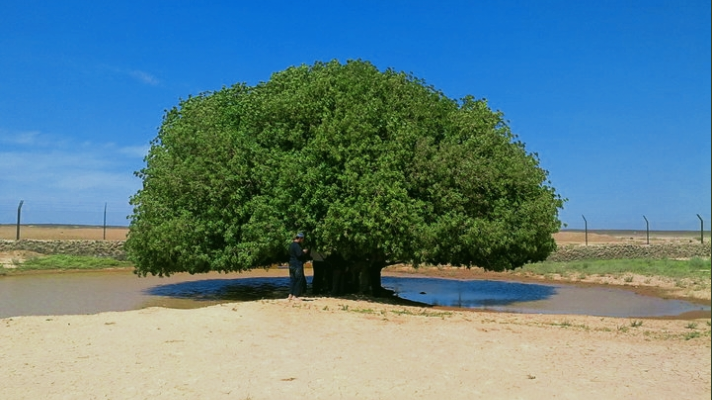"The Awami League: A History of Secularism, Democracy, and Progress in Bangladesh."
The Bangladesh Awami League (BAL) is one of the two major political parties in Bangladesh. It was founded in 1949 by Maulana Abdul Hamid Khan Bhashani, Huseyn Shaheed Suhrawardy, and Sheikh Mujibur Rahman. The party's main goal is to promote secularism and democracy, as well as to improve the economic and social conditions of the people of Bangladesh.
In the 1980s and 1990s, the Awami League was involved in the opposition movement against military dictatorship, with Sheikh Hasina, the daughter of Sheikh Mujibur Rahman, becoming one of the party's leading figures. The party's fortunes changed in 1996, when it won a landslide victory in national elections, with Sheikh Hasina becoming Prime Minister. Since then, the Awami League has been in power for several terms, with Sheikh Hasina serving as Prime Minister from 1996 to 2001, and again from 2009 to the present.
Throughout its history, the Awami League has played a significant role in shaping the political and economic landscape of Bangladesh. The party's policies have focused on improving the lives of the people of Bangladesh, through economic development, poverty reduction, and social welfare programs. The party has also played a key role in promoting democracy and human rights, both within the country and on the international stage.






Comments
Post a Comment